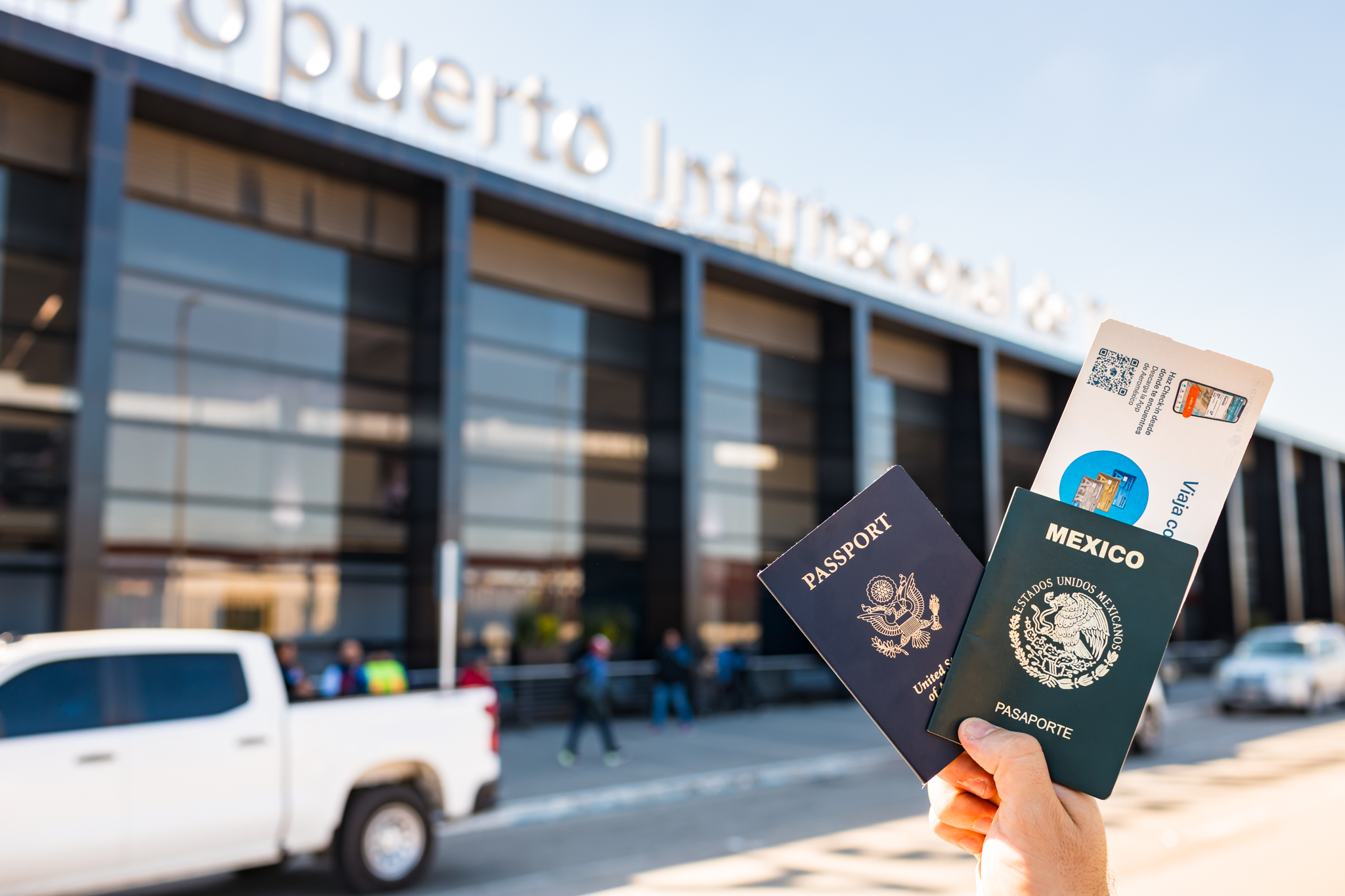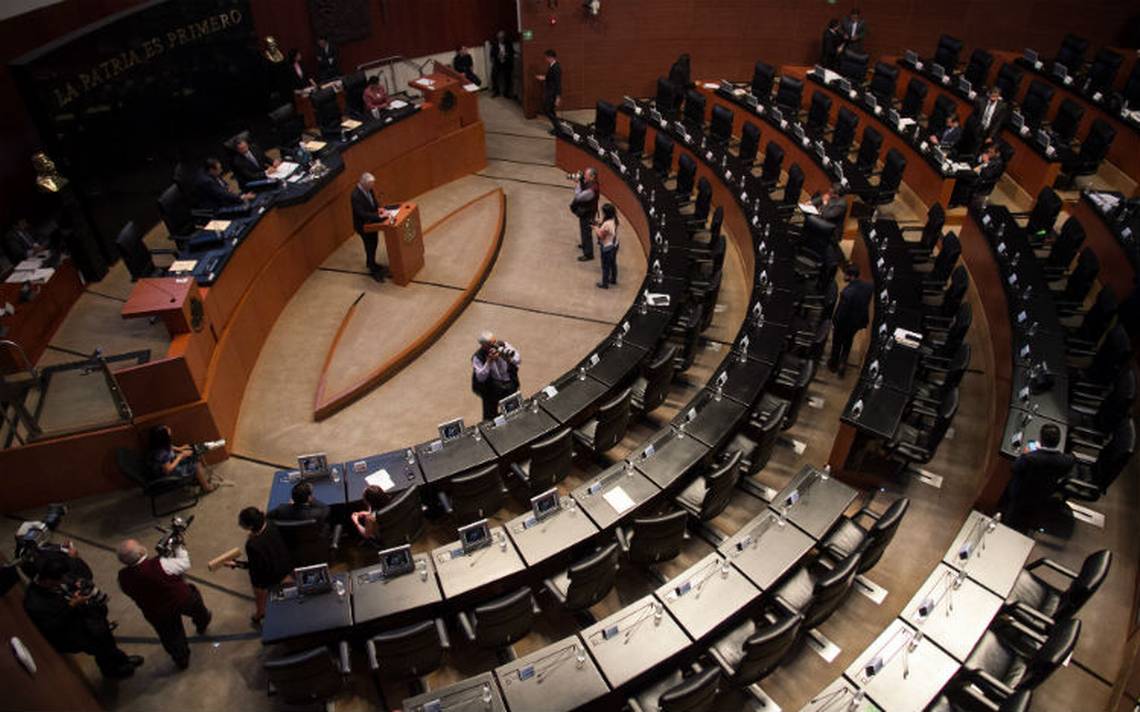
From Exclusion to Inclusion: The Story of Dual Citizenship in Mexico.
The year is now 2024, currently, any individual born abroad from at least one Mexican parent has the right to obtain Mexican citizenship (dual nationality, dual citizenship, doble nacionalidad). However, it wasn’t always this way.
The story of dual citizenship in Mexico is a testament to how the nation has evolved to adapt to a more globalized world, where national borders do not fully define a person’s identity. Today, dual citizenship is seen as an opportunity to strengthen ties with Mexicans abroad, but how did we get here?
In this blog, we will explore the key moments that shaped dual citizenship in Mexico and how its legalization in 1998 transformed the landscape for millions of Mexicans.
The Early Years: Single Citizenship and Exclusion
Throughout the 20th century, Mexico, like many other countries, maintained a policy of single nationality. The idea of holding more than one citizenship was perceived as a conflict of loyalties and sometimes even looked down upon since, you know, pride and all the serious stuff.

Photo: www.istockphoto.com
The 1917 Constitution, for instance, was clear: a Mexican who chose to acquire another nationality automatically lost their Mexican citizenship.
This measure mainly affected those seeking opportunities outside the country, particularly in the United States, where Mexican migration dramatically increased during the 20th century.
This specific law was passed a little before the Mexican Revolution occurred, imagine how things have changed since.
Many Mexicans who became naturalized U.S. citizens in hopes of gaining better working conditions and access to social benefits ended up losing their Mexican nationality, preventing them from easily returning or retaining certain rights in their country of origin.
The Rise of Migration and the Need for Reform
With the growth of the Mexican community in the United States in the 1960s and 70s, it became clear that something needed to change.
Millions of Mexicans who had emigrated to work and provide a better future for their families were forced to renounce their heritage. Dual citizenship began to be seen not as a threat, but as a tool for protecting and recognizing the rights of migrants.
In the 1990s, the pressure increased. Figures like Senator Carlos Laviada and influential politician Porfirio Muñoz Ledo advocated for a constitutional reform allowing Mexicans to retain their nationality when acquiring another.

Photo: www.celij.org
They recognized that the country needed to modernize and adapt to the reality of having millions of citizens living abroad.
Muñoz Ledo, in particular, argued that dual citizenship was not a matter of disloyalty, but of justice and human rights. Mexicans abroad were still a vital part of the nation, sending remittances, maintaining traditions, and raising future generations of Mexican-Americans.
The Historic Reform of 1998
The big change finally came in 1998. The Mexican Congress approved a reform to Article 30 of the Constitution, allowing Mexicans by birth who acquired another nationality, to retain their Mexican citizenship.
This reform was a historic milestone: for the first time, Mexicans could be citizens of the world without losing their legal ties to Mexico. Mexico, officially, legislated in favor of Dual Citizenship. It became a reality.
This legislative change had a profound impact, particularly on the Mexican emigrations to the United States, who suddenly found themselves able to access rights in both countries.
Additionally, it was officially recognized that identity did not have to be limited to just one nation. Dual Citizenship was now everyone's right.
Impact and Benefits of Dual Citizenship
Since the legalization of dual citizenship, Mexicans have enjoyed a range of benefits. Dual citizenship allows citizens to access educational, employment, and social security systems in two countries.
Additionally, Mexicans abroad can vote in Mexican elections, increasing their political participation in the country.
There has also been a resurgence of cultural pride, as many Mexican-Americans have been able to reclaim their heritage without feeling that they are betraying their new country. Even more important, they’ve been able to reclaim a part of themselves.
Now, they can fully be part of two “worlds”, with rights and responsibilities in both.
Toward a more Inclusive Future
Dual citizenship in Mexico symbolizes the country’s transition towards greater openness and recognition of its diaspora.
More than just a change in law, it was a transformation in how Mexico views its citizens abroad. Today, the nation celebrates a multiple identity that reflects not only the past but the future of a global society.
With increasing globalization and migratory dynamics, dual citizenship will continue to play a crucial role in the identity and rights of Mexicans abroad. Companies like DNEXPRESS have made this journey more accessible, helping Mexicans born in the U.S. reclaim their Mexican nationality and protect their cultural ties.
By offering specialized legal services on both sides of the border, DNEXPRESS plays a critical role in ensuring that those with Mexican heritage can navigate legal pathways which sometimes can be tedious. They make it easy to obtain your dual nationality.
Mexico has shown that it is possible to embrace diversity and adapt to changing times while maintaining a strong sense of belonging.
Nowadays, being self-aware is trendy. What can be a better example of this other than going back to the motherland?
With the support of law firms like DNEXPRESS (Dual Nationality Express), this connection between Mexicans abroad and their homeland will continue to strengthen, allowing future generations to benefit from the rights and privileges that come with dual citizenship.







